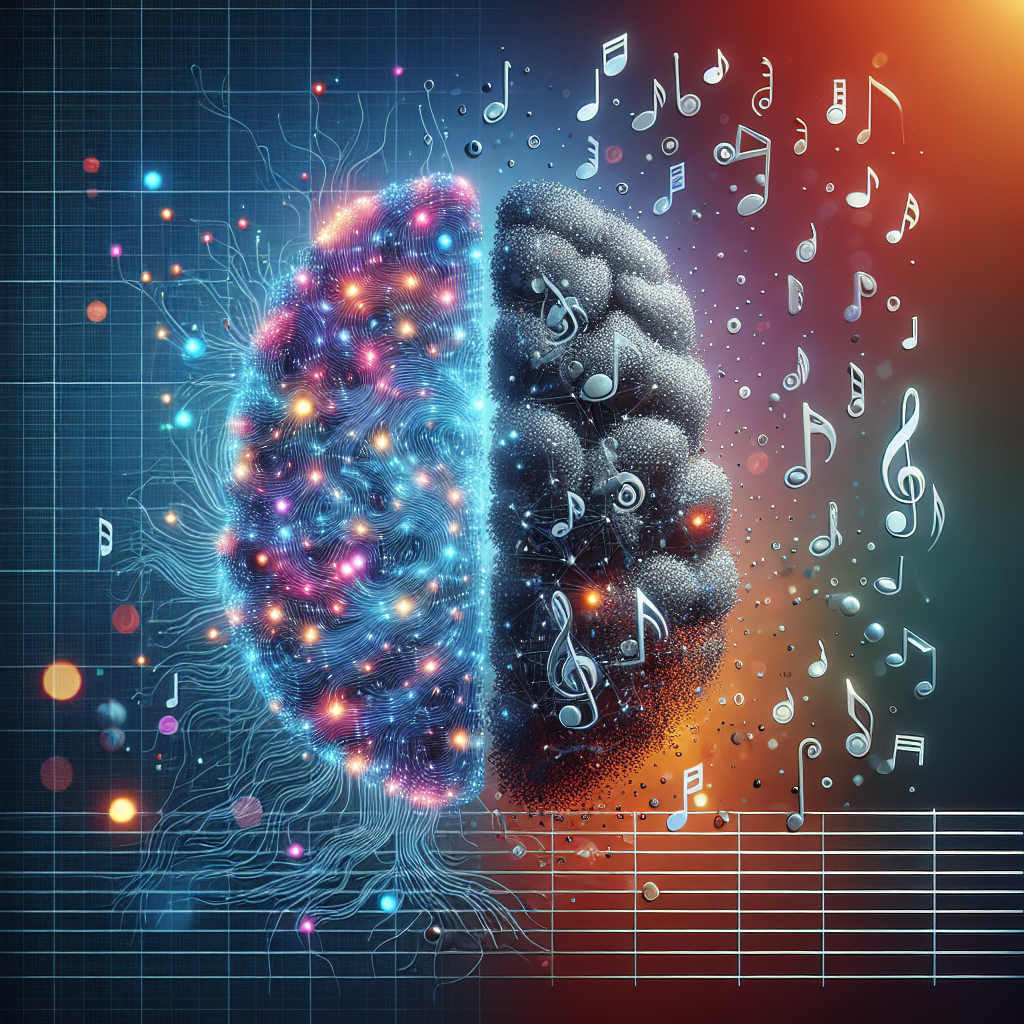AI and Music Production: Redefining the Sound of Tomorrow
Artificial Intelligence (AI) has been reshaping various industries, and the music production sector is no exception. From composing melodies to mastering tracks, AI technology is revolutionizing the way music is created, produced, and consumed. In this article, we will explore the impact of AI on music production and how it is redefining the sound of tomorrow.
AI in Music Composition
One of the most significant advancements in AI technology for music production is in composition. AI algorithms can analyze vast amounts of existing music data to create original compositions that mimic the style of a particular artist or genre. This allows musicians and producers to explore new creative possibilities and push the boundaries of traditional music composition.
For example, OpenAI’s MuseNet is a deep learning model that can generate musical compositions in various styles and genres. The model has been trained on a vast dataset of music from different eras and genres, allowing it to produce original compositions that sound like they were created by human musicians. MuseNet can generate melodies, harmonies, and even full orchestral arrangements, giving musicians a powerful tool for exploring new musical ideas.
AI in Music Production
AI technology is also transforming the production process itself. From mixing and mastering to sound design and audio processing, AI algorithms are being used to enhance the quality and efficiency of music production. For example, AI-powered plugins like iZotope’s Ozone can automatically master tracks, adjusting levels, EQ, and dynamics to create a polished and professional sound.
AI can also be used for real-time audio processing, allowing producers to manipulate sound in ways that were previously impossible. For example, Google’s NSynth Super is a neural synthesizer that uses AI algorithms to combine the characteristics of different musical instruments, creating new and unique sounds. This technology enables musicians to explore new sonic possibilities and push the boundaries of traditional music production.
AI in Music Marketing and Distribution
AI technology is not only changing the way music is created and produced but also how it is marketed and distributed. AI algorithms can analyze streaming data, social media trends, and listener preferences to help musicians and record labels target their audience more effectively. For example, AI-powered platforms like Spotify for Artists can provide insights into listener demographics, streaming habits, and playlist placement, helping musicians to optimize their marketing strategies and reach a wider audience.
AI can also be used to personalize music recommendations and curate playlists based on individual listener preferences. Platforms like Pandora and Apple Music use AI algorithms to analyze listening habits and suggest new music that matches the user’s taste. This personalization can help musicians to connect with their fans on a deeper level and build a loyal fan base.
FAQs
Q: How is AI used in music composition?
A: AI algorithms can analyze existing music data to create original compositions that mimic the style of a particular artist or genre. These algorithms can generate melodies, harmonies, and even full orchestral arrangements, giving musicians a powerful tool for exploring new creative possibilities.
Q: How is AI used in music production?
A: AI technology is used in various aspects of music production, from mixing and mastering to sound design and audio processing. AI-powered plugins like iZotope’s Ozone can automatically master tracks, adjusting levels, EQ, and dynamics to create a polished and professional sound. AI can also be used for real-time audio processing, enabling producers to manipulate sound in new and innovative ways.
Q: How is AI used in music marketing and distribution?
A: AI algorithms can analyze streaming data, social media trends, and listener preferences to help musicians and record labels target their audience more effectively. Platforms like Spotify for Artists use AI technology to provide insights into listener demographics, streaming habits, and playlist placement, helping musicians to optimize their marketing strategies and reach a wider audience. AI can also be used to personalize music recommendations and curate playlists based on individual listener preferences.
In conclusion, AI technology is revolutionizing the music production industry, offering new creative possibilities and enhancing the quality and efficiency of music creation. From composition to production to marketing and distribution, AI is redefining the sound of tomorrow and reshaping the music industry as we know it. As AI technology continues to evolve, we can expect to see even more innovative and groundbreaking advancements in music production in the years to come.

